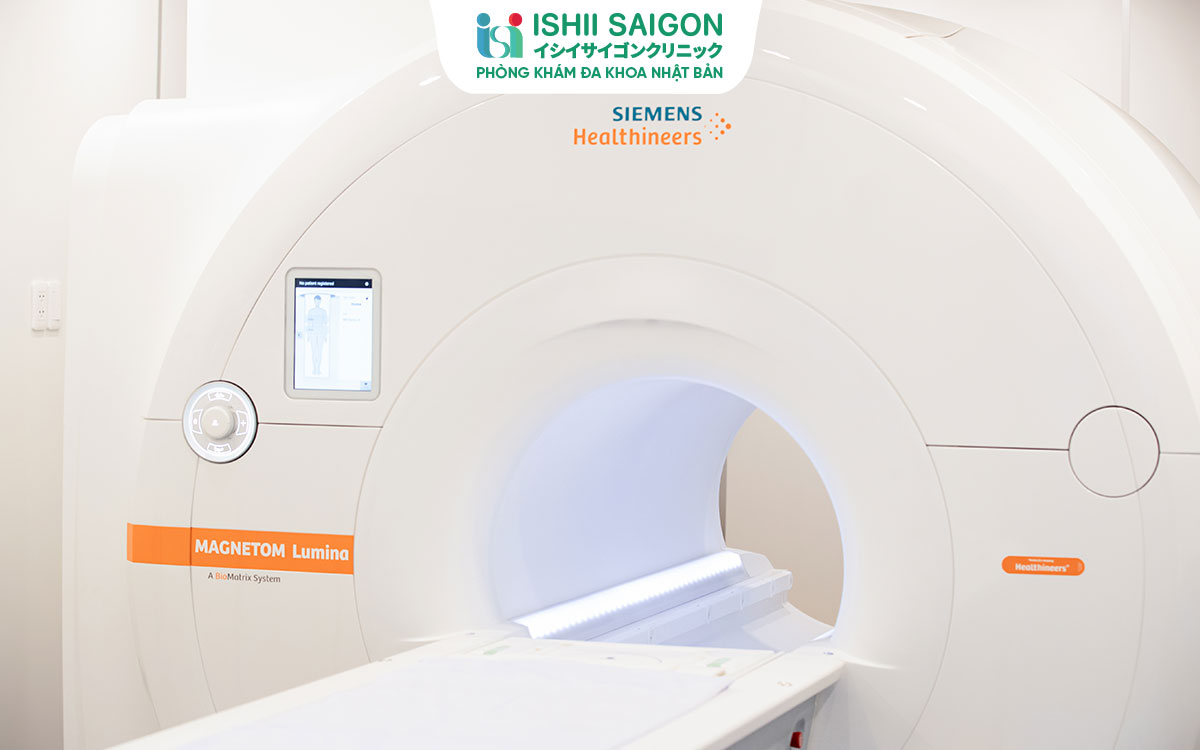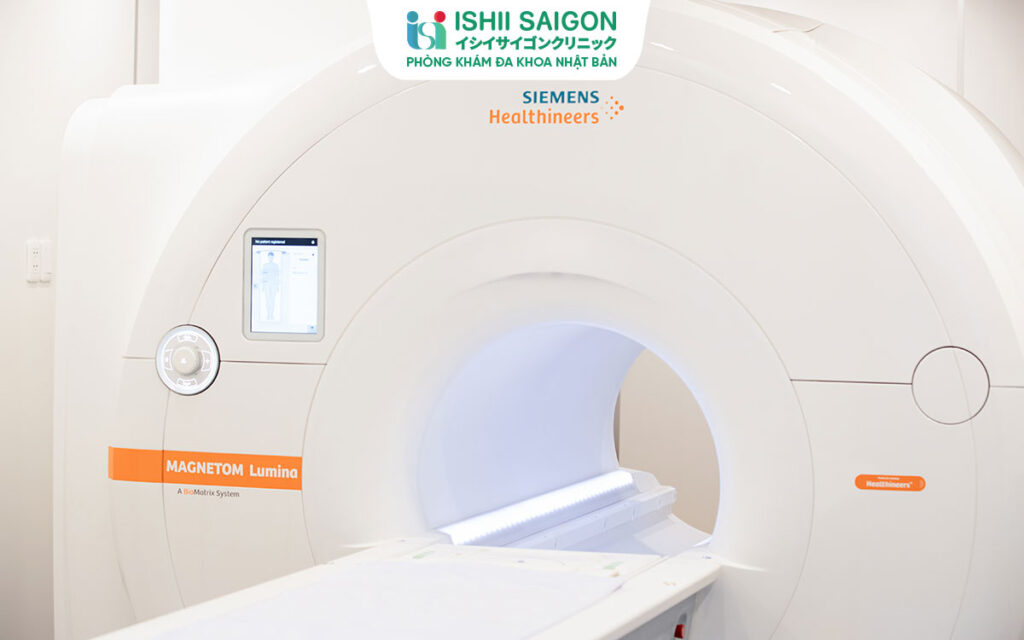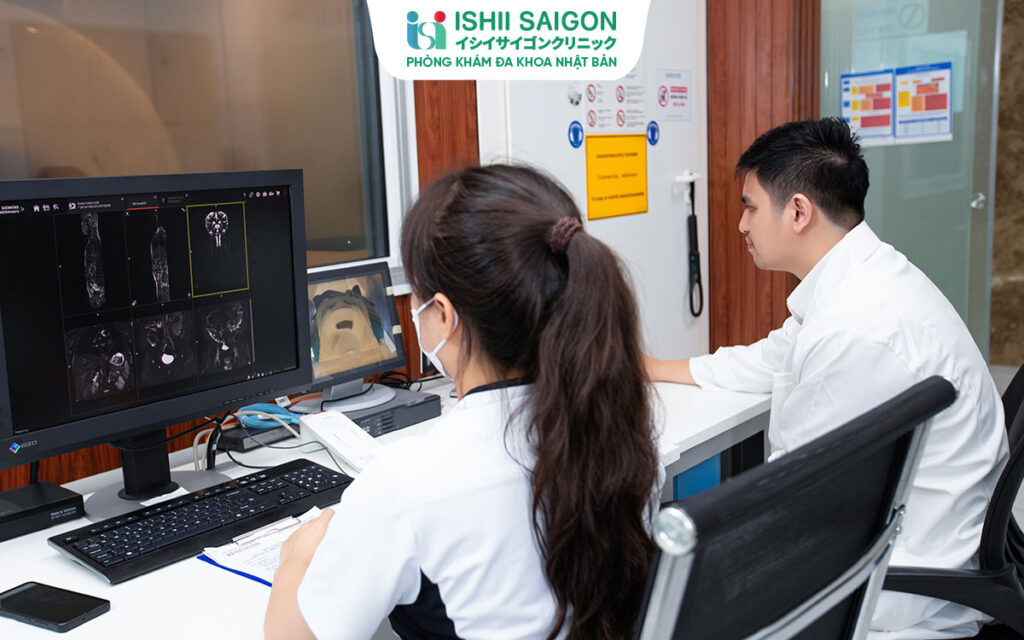
MRI (Magnetic Resonance Imaging) technology is one of the most significant breakthroughs in modern medicine, offering numerous benefits in diagnosing and treating diseases. However, beyond the commonly known information, MRI holds fascinating facts that not everyone is aware of. In this article, we will explore surprising insights about MRI technology, helping you gain a deeper understanding of this advanced method.
1. How Does MRI Work?
MRI (Magnetic Resonance Imaging) is a technology that uses strong magnetic fields and radio waves to produce detailed images of internal organs, soft tissues, and structures within the body. What makes it unique is that this method does not use X-rays, making it safer compared to other imaging techniques like CT scans or X-rays.
Each water molecule in our body contains hydrogen atoms, which interact with the magnetic field during an MRI scan. This explains why MRI produces sharp images of soft tissues such as the brain, heart, and liver.
Some modern MRI machines have magnetic fields that are 30,000 times stronger than the Earth's magnetic field!

2. What Conditions Can MRI Diagnose?
MRI is an effective tool for early detection and monitoring of various diseases. Here are some common applications:
♦ Nervous System: Detects brain issues such as tumors, strokes, or Parkinson's disease.
♦ Cardiovascular: Assesses blood vessels, heart muscles, and other abnormalities.
♦ Cancer: Detects tumors at an early stage in the liver, pancreas, breasts, or other organs.
♦ Musculoskeletal: Diagnoses joint degeneration, arthritis, or ligament injuries.
MRI not only helps diagnose diseases but also supports scientific research to better understand the mechanisms of the human body, such as observing the brain while a person is thinking or experiencing emotions.
3. Why is MRI Safe for the Body?
One of the most common concerns is whether MRI can have any negative effects on health. The good news is that MRI is completely safe in most cases, as it does not use radiation like CT scans or X-rays.
Although strong magnetic fields are used, the human body is completely unaffected by these magnetic fields.
However, individuals with metal implants (such as pacemakers or metal bone pins) are usually not advised to undergo MRI due to the risk of interaction with the magnetic field.
Learn more: MRI (Magnetic Resonance Imaging) at Ishii Saigon Japanese General Clinic
4. Is MRI Painful?
For those who have never experienced it, lying inside an MRI machine may cause feelings of anxiety. However, in reality, the procedure is completely painless.
You just need to lie still for a period of time, typically between 15 to 90 minutes, depending on the type of scan. Some people may feel a bit uncomfortable due to the confined space or the loud noise from the machine.
Tips to Reduce Stress:
Wear headphones or listen to music during the scan.
If you have claustrophobia, inform the staff in advance to be assisted with an open MRI machine or a mild sedative.
5. Little-Known Facts About MRI Machines
MRI machines can weigh up to 30 tons
MRI machines are among the largest and heaviest medical devices, primarily due to the structure of their superconducting magnets.
High operating costs
The cost of an MRI scan is often higher than other imaging methods, partly because MRI machines consume significant energy to maintain a stable magnetic field.
MRI in entertainment technology
Did you know that MRI is also used to study how music affects the brain? Scientists have utilized MRI to analyze how the brain responds to different genres of music.
6. Precautions When Undergoing an MRI Scan
To ensure safety and accurate results, you should keep the following in mind:
♦ Clothing: Avoid wearing clothes with metal elements such as zippers or metal buttons.
♦ Jewelry: Remove all bracelets, necklaces, and watches before entering the scanning room.
♦ Health status notification: If you are pregnant, have implanted medical devices, or suffer from chronic conditions, inform the doctor before the procedure.

7. The Future of MRI Technology
MRI technology is continuously being improved to provide a better experience for users. Some notable trends include:
♦ Open MRI machines: Help reduce the feeling of claustrophobia.
♦ Faster scanning: New technology allows the scanning time to be reduced to just a few minutes.
♦ AI integration: Provides more accurate and faster image analysis, assisting doctors in making the best diagnosis.
Some advanced MRI machines can capture images with such high resolution that they can detect the smallest changes in body cells, helping to diagnose diseases at the earliest stages.
Magnetic Resonance Imaging (MRI) technology is not only a valuable tool in medicine but also a testament to the remarkable advancements in science. With its surprising facts and immense potential, MRI continues to strengthen its crucial role in safeguarding human health.
If you are looking for a reputable and safe MRI center, come to the Japanese General Clinic Ishii Saigon. With modern equipment and a dedicated team of experts, we are committed to providing you with the best quality service.






